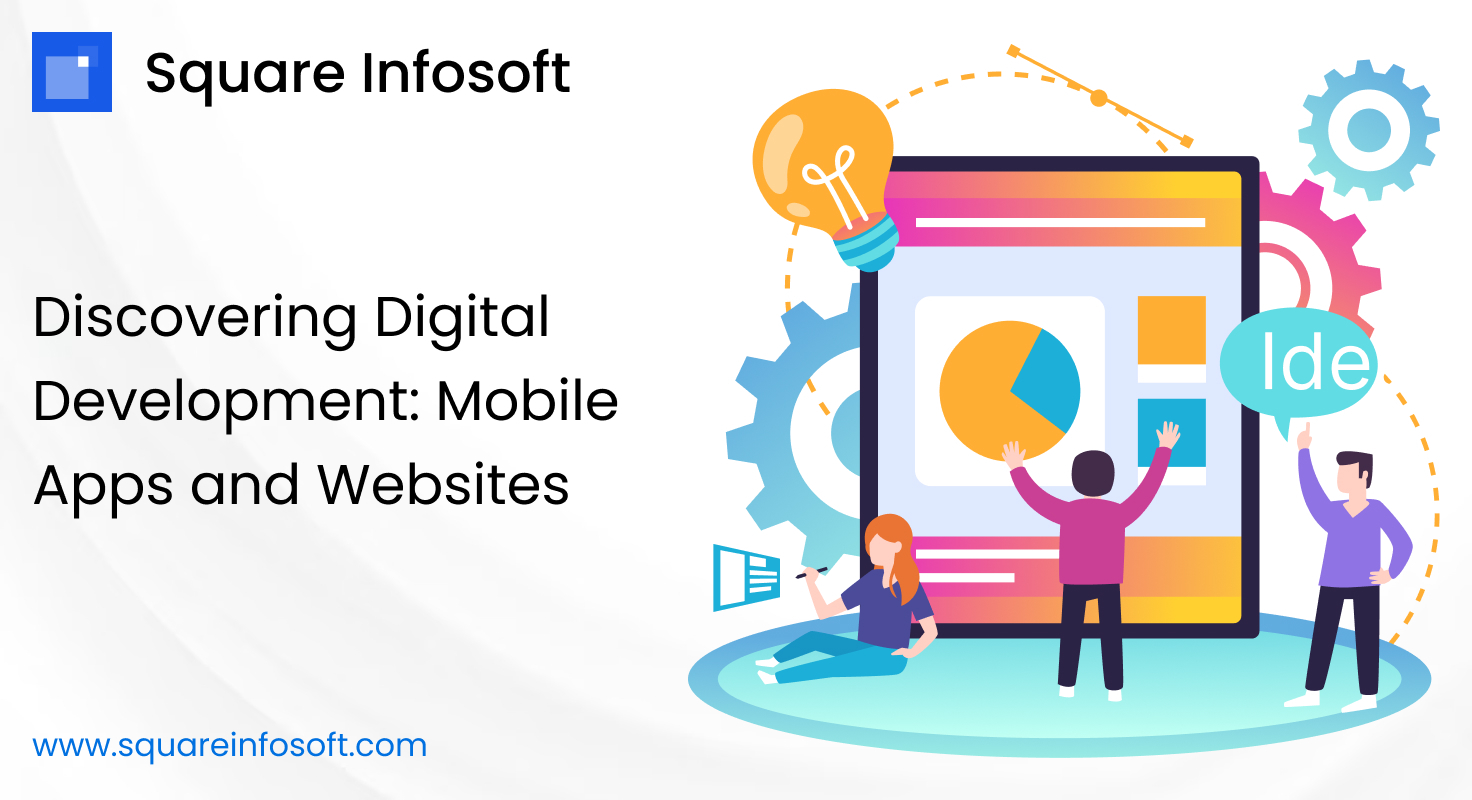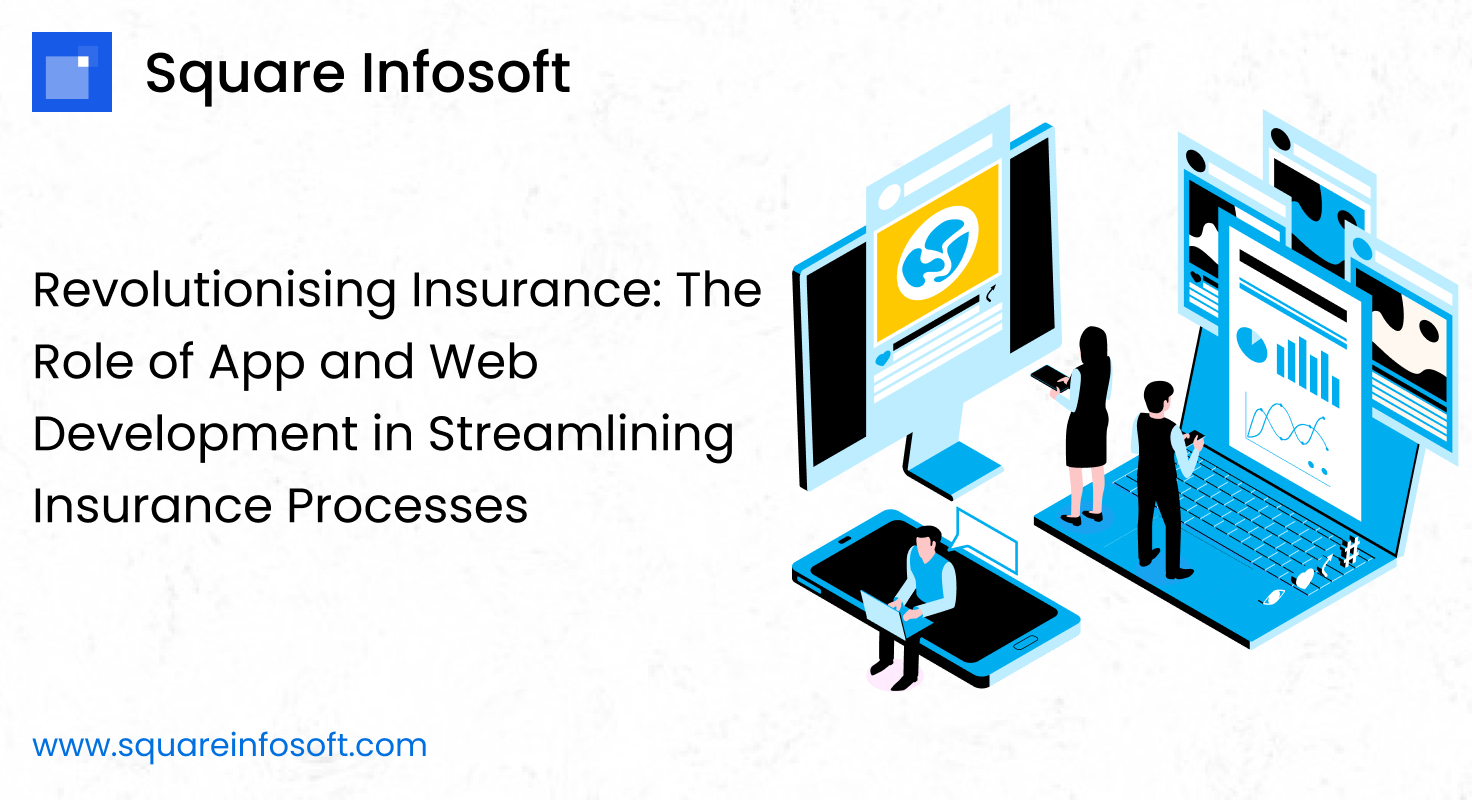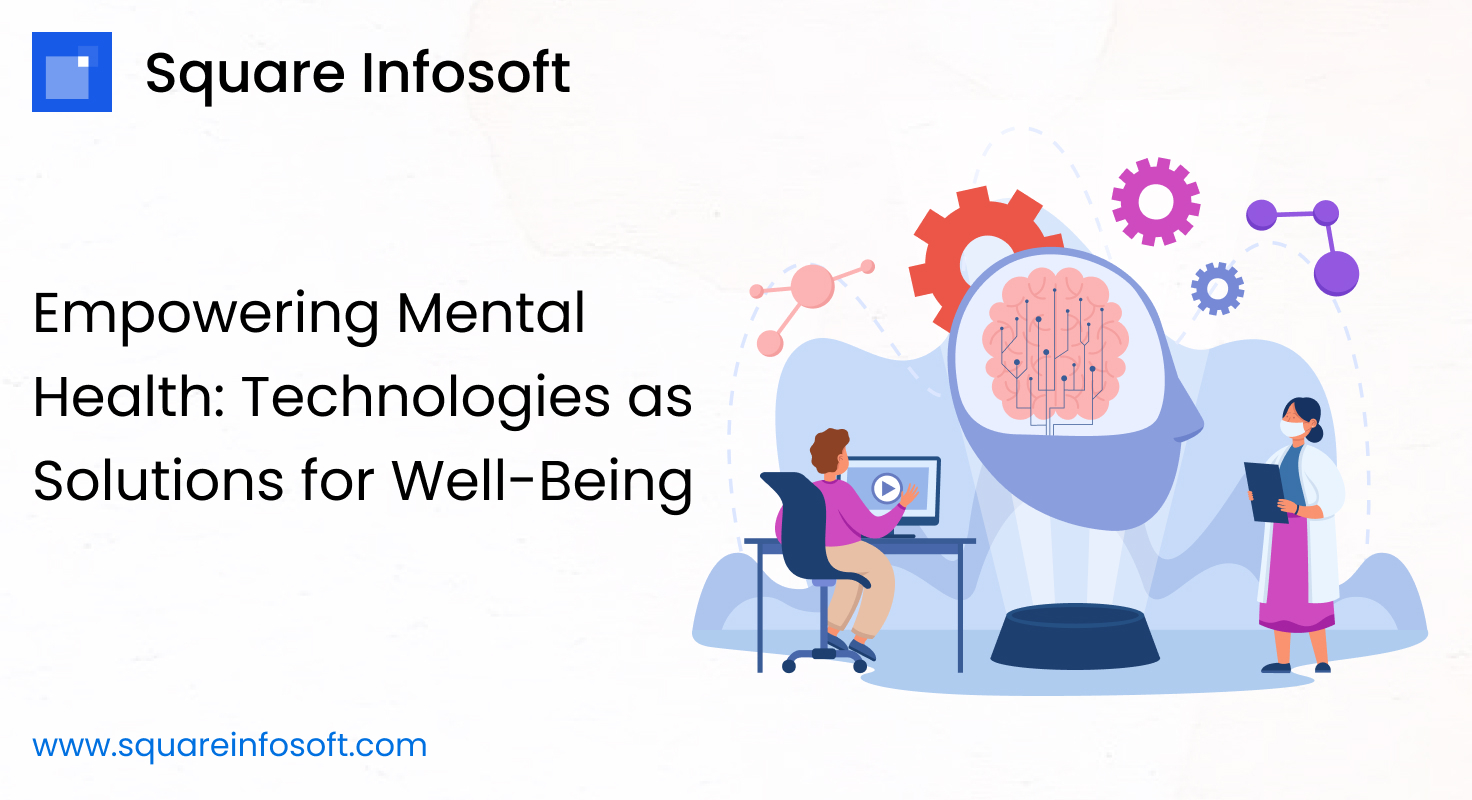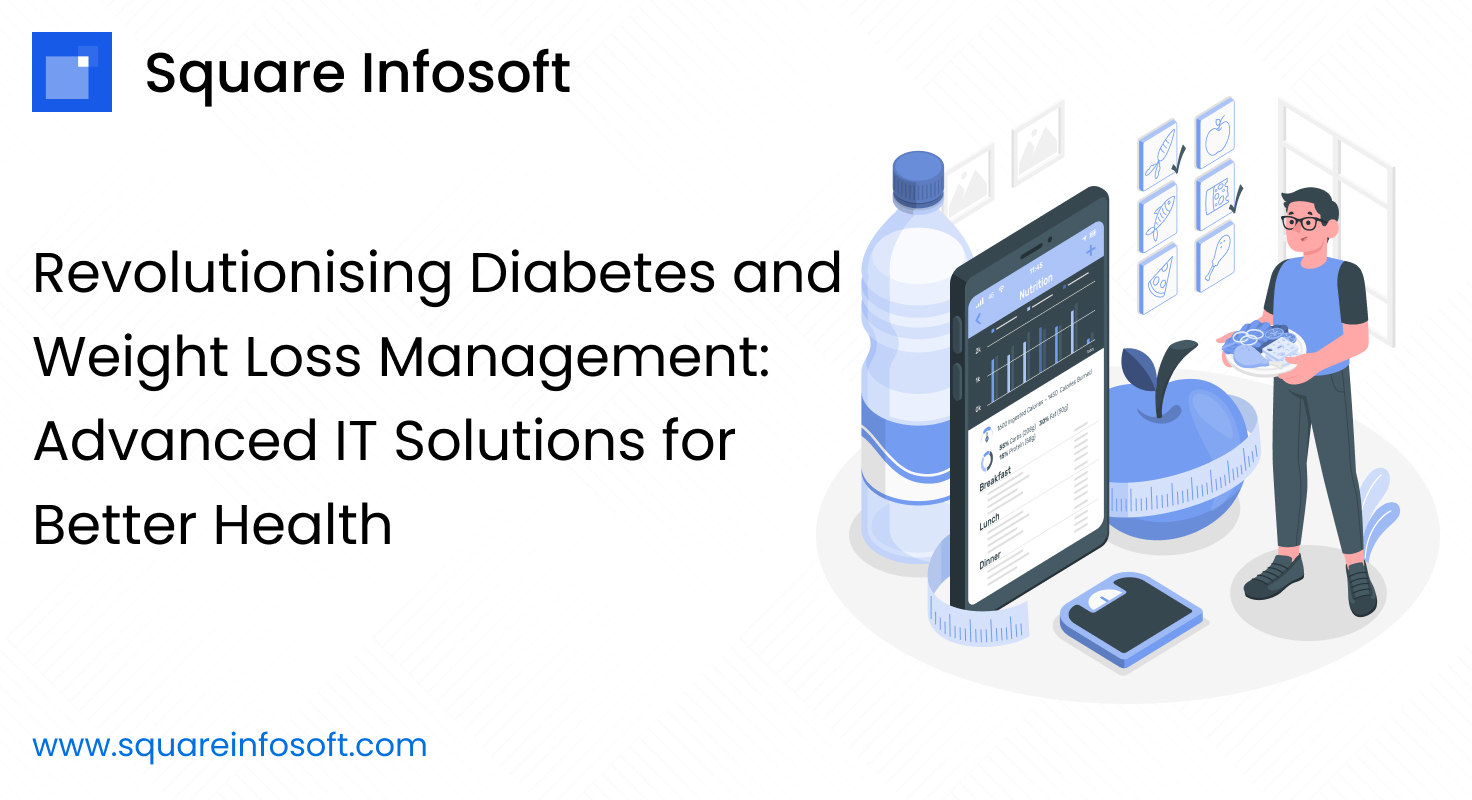Introduction:
In the digital era, the development of applications (apps) and websites has become integral to modern life. From social media platforms to e-commerce websites, these digital tools play a significant role in how individuals interact, work, and consume information. This article aims to delve into the world of digital development, exploring the features, advantages, disadvantages, processes, and implications of creating apps and websites.
Features of Apps and Websites:
- User Interface (UI): Both apps and websites require intuitive and visually appealing user interfaces to attract and engage users effectively. UI elements such as buttons, menus, and navigation bars should be designed with user experience (UX) principles in mind.
- Functionality: Apps and websites offer various functionalities tailored to their specific purposes. For example, e-commerce websites allow users to browse products, add them to cart, and make purchases, while productivity apps may include features like task management and collaboration tools.
- Accessibility: Accessibility is crucial for ensuring that apps and websites can be used by individuals with disabilities. This includes features such as screen readers, keyboard navigation, and text-to-speech functionalities.
- Performance: Both apps and websites should be optimized for performance, including fast loading times, smooth navigation, and minimal downtime. Performance optimization contributes to a positive user experience and encourages user retention.
Advantages of Apps and Websites:
- Global Reach: Apps and websites have the potential to reach a global audience, transcending geographical boundaries. This allows businesses and organizations to expand their reach and tap into new markets.
- Convenience: Apps and websites provide convenience to users by offering access to information, products, and services anytime, anywhere. Whether it’s ordering food, booking tickets, or accessing educational resources, digital platforms streamline everyday tasks.
- Interactivity: Apps and websites enable interactive experiences, allowing users to engage with content, participate in discussions, and provide feedback. This interactivity fosters a sense of community and engagement among users.
- Scalability: Digital platforms offer scalability, meaning they can accommodate increasing numbers of users and data without compromising performance. This scalability is essential for businesses experiencing growth or fluctuations in demand.
Disadvantages of Apps and Websites:
- Development Complexity: Developing apps and websites can be complex and time-consuming, requiring expertise in programming languages, frameworks, and design principles. Additionally, ensuring compatibility across different devices and platforms adds to the development challenges.
- Maintenance Requirements: Once launched, apps and websites require ongoing maintenance to address bugs, security vulnerabilities, and performance issues. This maintenance effort can be resource-intensive and may necessitate regular updates and enhancements.
- Competition: The digital landscape is highly competitive, with thousands of apps and websites vying for users’ attention. Standing out amidst the competition requires innovative features, effective marketing strategies, and continuous improvement.
- Security Risks: Apps and websites are vulnerable to various security threats, including data breaches, malware attacks, and unauthorized access. Protecting user data and ensuring the security of digital platforms is paramount but requires ongoing vigilance and investment in cybersecurity measures.
Process of Developing Apps and Websites:
- Planning and Research: The development process begins with planning and research, where stakeholders define project objectives, target audience, and feature requirements. Market research helps identify user needs, competitor offerings, and market trends.
- Design: The design phase involves creating wireframes, mockups, and prototypes to visualize the app or website’s layout, navigation, and visual elements. Designers focus on creating a seamless user experience and ensuring brand consistency.
- Development: Developers use programming languages and frameworks to build the backend and frontend components of the app or website. This phase involves coding, testing, and debugging to ensure functionality, performance, and compatibility.
- Testing: Testing is a crucial step in the development process, where QA engineers identify and resolve bugs, usability issues, and performance bottlenecks. Testing may include functional testing, usability testing, performance testing, and security testing.
- Deployment: Once development and testing are complete, the app or website is deployed to production servers or app stores for public access. Deployment involves configuring servers, setting up databases, and ensuring compatibility across devices and platforms.
- Maintenance and Optimization: After deployment, ongoing maintenance is required to address bugs, security vulnerabilities, and performance issues. Additionally, developers may implement updates and enhancements based on user feedback and changing requirements.
Conclusion:
In conclusion, the process of developing apps and websites is a multifaceted journey that requires careful consideration of various factors, including planning, design, development, testing, deployment, and maintenance. Throughout this article, we have explored the features, advantages, disadvantages, and processes involved in creating digital platforms, shedding light on both the opportunities and challenges they present.
Apps and websites offer significant advantages, including global reach, convenience, interactivity, and scalability. They have revolutionized the way individuals interact, work, and consume information, becoming integral parts of modern life. From e-commerce platforms to social media networks, digital platforms have transformed industries and empowered businesses and organizations to reach wider audiences and deliver innovative solutions.
However, the development of apps and websites comes with its own set of challenges. These include development complexity, maintenance requirements, competition, and security risks. Navigating these challenges requires expertise, dedication, and a commitment to delivering high-quality digital experiences that meet user needs and expectations.
Despite the challenges, the demand for apps and websites continues to grow, driven by evolving user preferences, technological advancements, and market trends. Developers and businesses must stay agile, adaptable, and innovative to stay ahead in the competitive digital landscape.
In essence, the development of apps and websites represents a dynamic and ever-evolving process. By embracing best practices, leveraging emerging technologies, and prioritizing user experience and security, developers can create successful digital platforms that make a meaningful impact on users’ lives and contribute to the ongoing evolution of the digital landscape.




